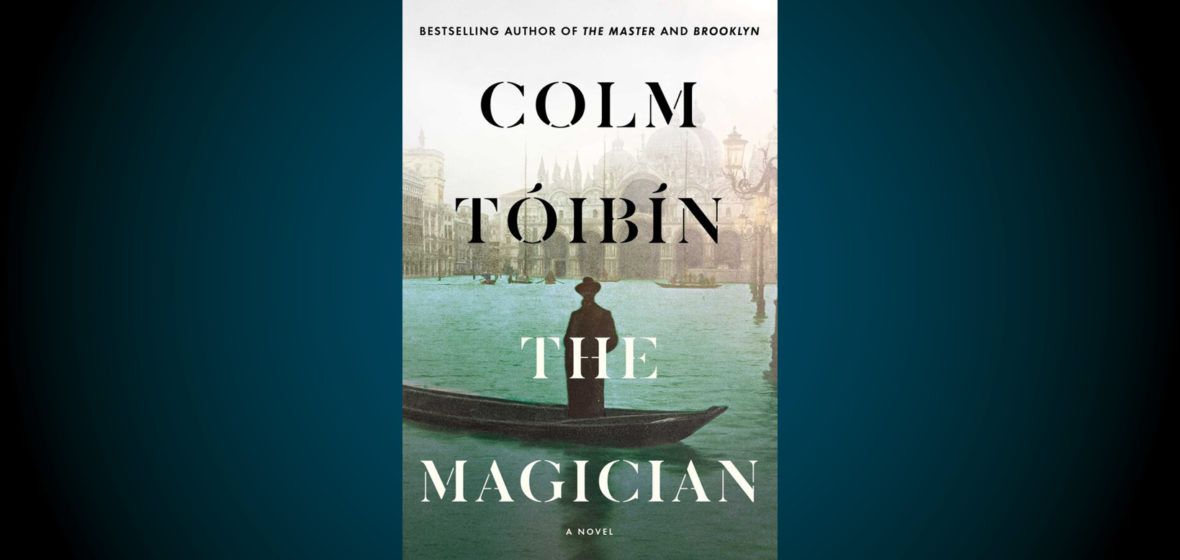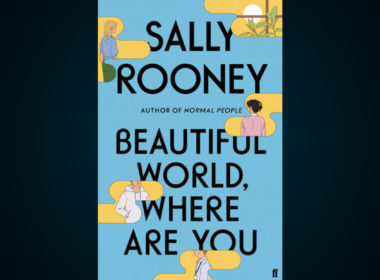This imaginative work of fiction sweeps across decades, timestamped to alert to a new date and place in German writer Thomas Mann’s career and his life amid an ever-shifting political and social landscape of early 20th century Europe. As Hitler rises to power, many including Mann’s own son Klaus urge him to become more politically active. Concern can spill quickly over into cowardice, and the scenes of the 1920s, as told by Toibin, portray Mann grappling with his reservedness and the blessed relief he finds in his study, penning his latest book.
The Magician is meticulously researched, and told in a close third-person style, so much so that at times the book genre-bends between fiction and biography, and not in a good way. Toibin has previously penned The Master, a portrait of novelist Henry James, in a similar vein with a few key differences. The earlier work captured a period of five years in James’ life and focused especially on one crisis point, rather than spanning almost all of Mann’s. While noting events of the era, The Master did not centre them in the way this book does, and it can be difficult to grasp the voice and thoughts of the writer-narrator as a result.
Much of Mann’s personal life is left at his study door while he breathes in the ideas of his books. His six children are born, and then grow up and older with little sketching in of their characters. Slightly more colour is awarded to his two eldest, Klaus and Erika, and the terse relationship between father and son culminates in the book’s most devastating scene, when Mann once again opts to lose himself in his work rather than give into his heart and the needs of his family. The closest the reader is allowed to his inner yearnings are snippets on his secret feelings of sexuality, scattered beautifully throughout.




